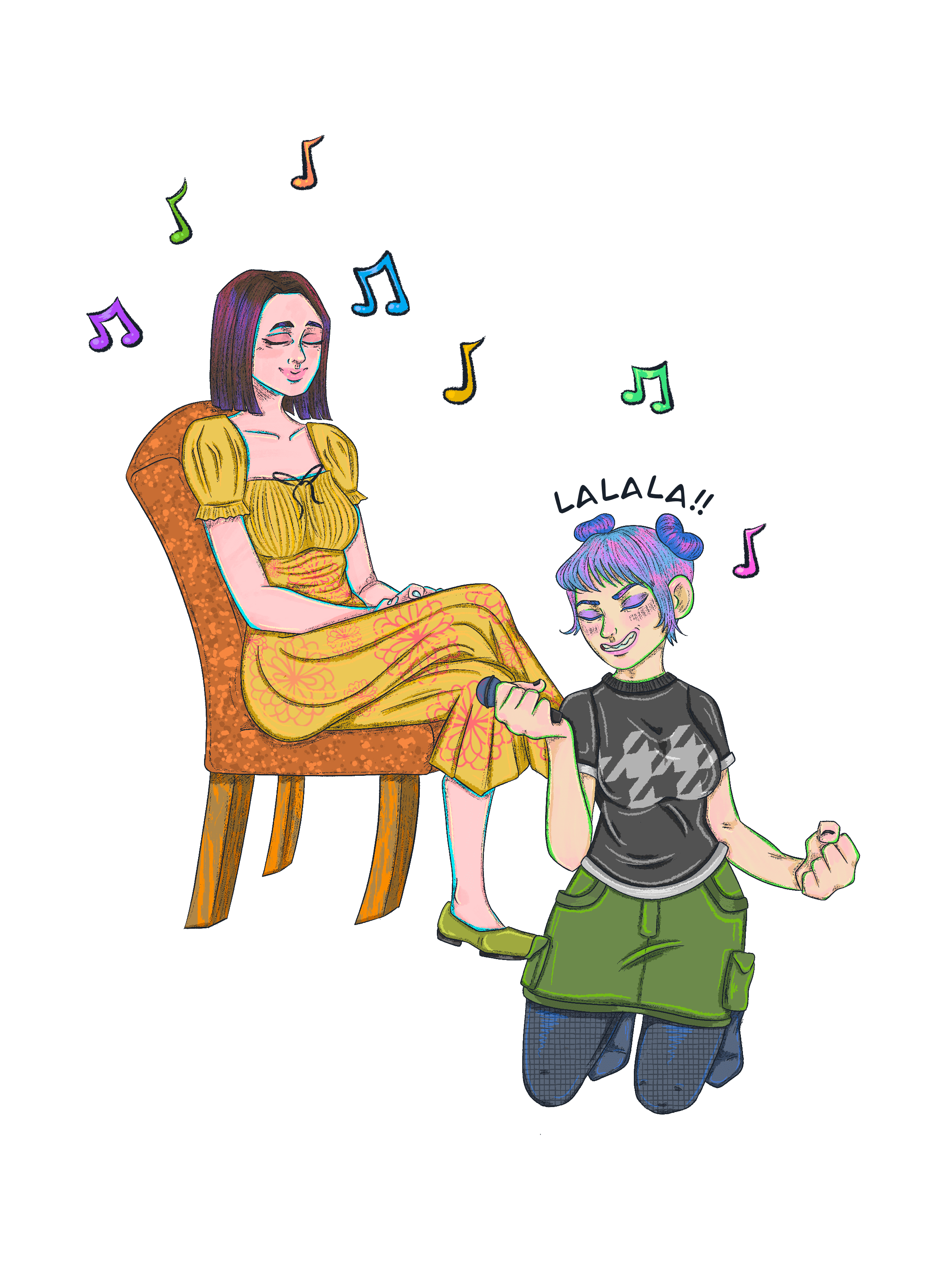Occupational Therapy at Spectrum Services
At Spectrum Services, our Occupational Therapists understand that everyone’s brain works differently, and that’s something to celebrate.
We take a neuroaffirming approach, working alongside each person to build skills, confidence, and comfort in their daily life, allowing them to thrive.
In-Clinic
Home Visits
Telehealth
School Based
Onsite Employment
Community
Here are some ways Our Occupational Therapists Can Help
-
Our team has extensive experience working with the NDIS and can provide a wide range of assessments and practical support to help individuals and families access the services they need. This includes:
– Functional Capacity Assessments (FCA) for NDIS access or plan reviews
– Home and Living Assessments, including reports for Supported Independent Living (SIL) and Individualised Living Options (ILO)
– Sensory Profile Assessments to inform support needs and guide therapeutic strategies
– Activities of Daily Living (ADL) Assessments to explore strengths and support needs in areas like personal care, domestic tasks, and community participation
– Environmental and Minor Home Modifications Assessments to identify small but meaningful changes that can increase safety, independence, and sensory comfort
– Guidance to assist individuals and families understand their NDIS plan, navigate funding categories, and feel prepared for review meetings
-
We help kids, teens and adults navigate school, higher education, or work environments with greater ease:
– Recommendations for accommodations and sensory supports
– Build on planning skills, prioritisation, maintaining concentration, organisation and appropriate and effective communication
– Managing routines, transitions, and emotional energy
– Learning to advocate for needs in educational and vocational settings
- Preparation for interviews and entering the workplace
- Assist with building social participation skills like navigating group work, joining peer activities and play
-
We can recommend tools and strategies to make life easier at home, school, work, or in the community:
– Assistive technology (AT) to support independence
– Minor home modifications (e.g. grab rails, layout changes) to increase safety and accessibility
– Equipment or tech to assist with sensory, motor, or executive functioning needs
-
We support people in developing independence with everyday tasks at home and in the community. Depending on age and goals, this might include:
– Dressing, bathing, toileting, eating, and sleep routines
– Cooking, cleaning, laundry, and managing a home environment
– Building daily routines that reduce stress and support energy levels
– Learning to pace, prioritise, and conserve energy to reduce burnout
-
We help individuals better understand their sensory preferences:
– Sensory processing assessments and education
– Personalised strategies to reduce sensory overload
– Assistive technology recommendations for sensory comfort
– Minor home modifications to create calm and accessible spaces
-
We explore how the brain and body respond to stress:
– Understanding emotional triggers
– Recognising and responding to internal body signals (interoception)
– Identifying, naming, and expressing emotions
– Redirecting behaviours of concern into safer, more helpful actions
-
We support thinking and organisational skills that help with everyday problem-solving and independence:
– Assessments and education around executive functioning challenges
– Visual schedules, checklists, and assistive tools
– Learning to plan, organise, and manage time or transitions
– Adapting environments to reduce distress and increase success
-
Our OTs can assist with building confidence in social and community settings:
– Forming and maintaining friendships or social connections
– Social interaction skills tailored to the individual’s style
– Finding or returning to leisure activities
– Building confidence in joining group activities, clubs, or outings
-
Understanding and celebrating neurodivergence is an important part of therapy. We support individuals to:
– Explore and affirm their identity as an autistic or neurodivergent person
– Communicate preferences and needs more confidently
– Build a strong sense of self-awareness and self-worth
-
We know that supporting an autistic person is a team effort, and we’re here for families too:
– Guidance on creating structure and predictability at home
– Strategies for managing challenging behaviours in neuroafirming ways
– Support with navigating the NDIS
– Advocacy for your child or loved one’s needs
– Building on your strengths as a caregiver while protecting your wellbeing
Our Occupational Therapists
-

Georgia Werndly
Occupational Therapist
-

Anna Cronau
Occupational Therapist
-

Jo Too
Occupational Therapist
-

Kyeria Millar
Occupational Therapist
-

Kim Baskin
Occupational Therapist
-

Harry Mahoney
Occupational Therapist





















